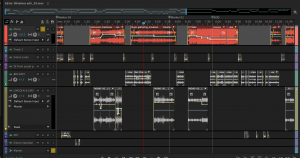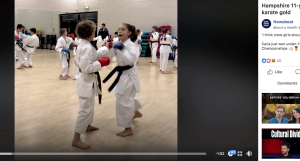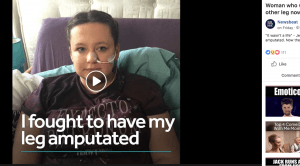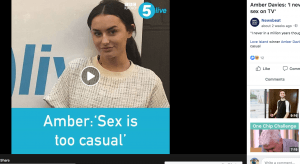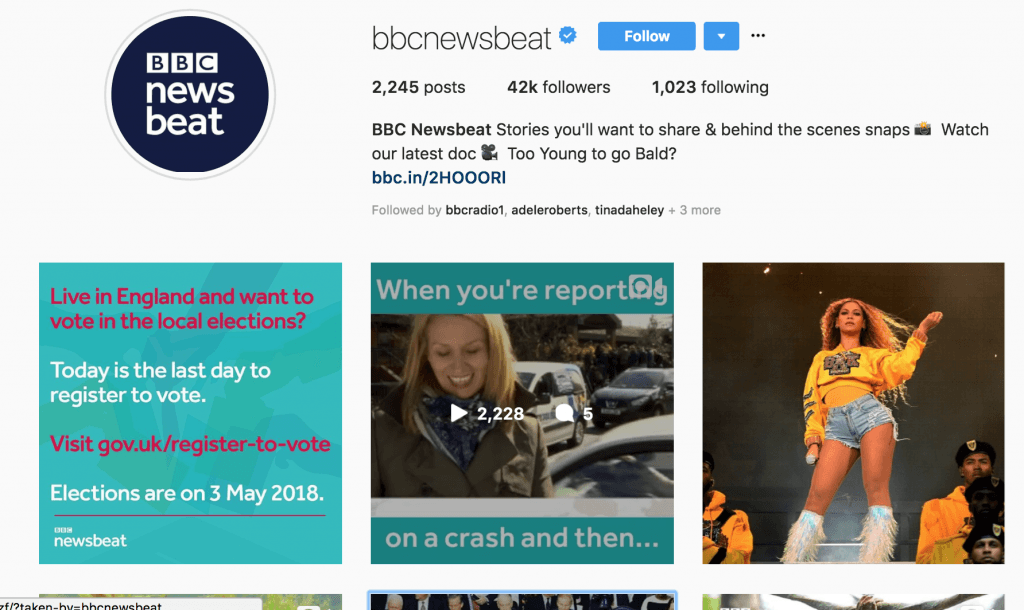My first learning objective is around being more confident in interviewing people, this is because currently, I don’t feel confident doing so and for my career, I will need to be more confident to get a job.
The first site I have looked at is Poynter, which is a more specific site that suggests the following things:
- Use your job as armour-as a journalist, it’s your professional responsibility to talk to people, to ask probing questions, to get the information you need to inform the public.
Whilst I am not currently a journalist I understand this point, as you are using you’re job as a form of defence and a way in which to justify asking questions and as a result, shouldn’t fear the outcomes of the questions, furthermore people are also more willing to speak to you if you are providing them with a platform.
- Let your curiosity override your anxiety- If you’re a reporter, chances are good that you’re an incurably curious person. Even if you’re apprehensive about talking to strangers, it’s likely that you’re driven to find out how people and societies work.
Again I agree with this point, as I am currious about hearing people’s stories about their disabilities in this case and as a result, I should be using this curiosity to help me overcome my nerves and allow me to ask questions. Furthermore normally someone from the group would have contacted the interviewee before so they know we are coming and are prepared, rather than me having to speak to a random member of the public.
- Do prep work to give yourself confidence- It’s important for every journalist to do his or her homework before picking up the phone or stepping into a room with a source. But for shy reporters, it’s even more important, for two reasons. One, it gives you a script you can follow, so you’re not scrambling to come up with questions while you’re nervous. Two, it gives you confidence in your knowledge of the subject and in the questions you’ve prepared — and confidence is a good antidote to shyness.
This point regarding preparation is key and one that I will implement heavily, be this through the usage of researching around the person we are interviewing before so that we know their background or/and by researching the area, so for example when we interview a blind person it makes sense to research the relevant areas i.e support. This ultimately builds up confidence as I will have more information on the person and as a result will not be going in blind, and because of my information, I will be able to script questions before, ultimately building confidence.
- Pick up the phone before you psych yourself out -Many journalists are expert procrastinators. This is especially bad news for shy reporters who balk at the prospect of cold-calling sources. The longer you sit staring at the phone, imagining all the ways your interview can go horribly wrong, the more afraid you’ll become.
This was something I struggled at hugely last time within my first project as I couldn’t get the confidence to approach people. However from doing this more at work I now feel much more confident and as a result don’t have the stigma of approaching people as much, as result building confidence. I do think though that you nerves will always be a thing though.
- Remember that reporters make people nervous –Many people — from random citizens to seasoned politicians — would rather get a root canal than talk to a reporter.
This is another valid point, as people do get nervous talking to journalists etc, and as a result, they are in the same boat and it is important to remember this and as a result of this it also boosts my own confidence.
https://www.poynter.org/news/5-ways-journalists-can-overcome-shyness-during-interviews
The next article consulted was a blog post by the author/ journalist Ellin Besser. She makes a point about making sure to fully understand the topic and that you should be well versed and know everything about the subject before you go and interview someone, to do this you need to read. Thus leading to more confidence and as a result less awkward interviews about subjects with fewer erms in the inteview. Besser’s point is that the more you know it is and then you come across in recordings as more confident, and you know what you are going to talk about and as a result, it is much easier to ad-lib about a subject rather than having to stop and think for a ccouple of seconds.
How to become a more confident journalist? #Onearticleaday challenge
While the next article is not 100% related, it does raise some interesting ideas around social anxiety and how to improve upon it. There are two key points in doing so:
- Play the fool- Overestimating the cost or consequences is a hallmark of all phobias. Those of us with social anxiety tend to overestimate the cost of making a social mistake
This is applicable in a journalistic type of space as I worry too much about the outcome of an interview and as a result, I need to stop worrying about the potential outcome and consequences, instead, I need to focus on myself and not worry about what people think, even if the question that is asked may be phrased wrong.
- Keep Calm and Carry On- Meditating prior to an engagement can really help you shift perspective. A few drops of passionflower tincture in a glass of water before meetings has worked wonders for me.
The prospect of keeping and carrying on is vital for me, as if I ask a question badly or mess up and get some odd looks it is important to be able to keep going and not stop despite the potential embarrassment that may come your way and as a result, you should be able to keep going and not stop.
https://www.huffingtonpost.com/danielle-wolffe/shyness-4-methods-to-work-with-social-anxiety_b_8612054.html
Finally is a blog post by a former student who suggests that the only way you can improve your confidence is by doing an interview and developing a routine to help, as otherwise, you will not be able to overcome the fear that you once had. From undertaking interviews, he also suggests that you develop a routine in how to prepare for interviews and as a result this boosts your confidence making the process easier.
https://tonic.vice.com/en_us/article/mbbg7p/being-a-journalist-is-terrible-for-your-mental-health
https://www.poynter.org/news/5-ways-journalists-can-overcome-shyness-during-interviews
